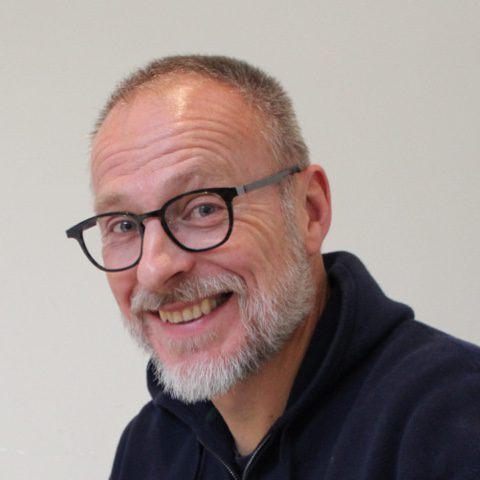Relationships are at the heart of our work in many ways. They are perhaps most obvious in our work with leadership teams, where building trust and improving the quality of conversations are an explicit focus. Equally, we are frequently drawing client’s attention to the relationships between the different aspects of their context – teams, customers communities, shareholders, employees. Or in personal development work, attending to the relationships within, exploring an inner world of characters. The world is, after all, hyper-connected and it is from these dynamic contexts (outer and inner) that the results we are seeking emerge, be it performance, leadership, engagement, service or any other complex outcome.
As consultants we insert ourselves in this network of relationships. As Gervase Bushe and Bob Marshak clarify, “Consultants are a part of the process, not apart from the process … [t]heir mere presence is part of the discursive context that influences the meaning making taking place.” Too often, I think, we can delude ourselves to think that we are outside of the flow of our clients’ experience, analysing, diagnosing, administering prescriptions. Once more relationship matters. It is central.
We also know that the early days of any relationship are fragile. First impressions make a difference. Time needs to be taken to both share and to listen. Connection needs to be established and fostered. Just think of the effort (and excitement) of a first date! Far too often in business, however, we forget these important rituals when we form new working relationships. Often, we industrialise it by transposing the process for buying a product onto find new partners. The written brief, the formal proposal, the ‘beauty parade’, getting comparable quotations have all become familiar parts of the procurement experience. Can you imagine finding your life-partner that way?
One by-product of this formal way of engaging is the creation of ‘big projects.’ With such a thorough and time-consuming procurement activity, it follows that we want to bundle up our requirements and engage in fewer contracts. This can be problematic. As a client, it means knowing what you want in advance, yet we know just how unpredictable the future has become. The risk goes up – imagine if rather than going on that first date, you booked a three-week trip to the Canadian Rockies (Banff, Jasper, Vancouver – amazing!) as your first encounter? For consultancies, our business models start to revolve around finding ‘the whale’ – that mega-project that we can feast on for longer. We structure our resources to be highly flexible (small numbers of core staff, lots of freelance associates) to cope with the consequential peaks and troughs – changing the nature of our own relationships.
At Farleigh Performance, we do take on big projects. It is tough to stand totally outside any dominant system. Yet, in truth, our favourite relationships start small. It means we are having an impact from our first conversation – we like to get a few hours of real working as soon as possible, before contracting or even talking of fees. There’s no better way to get to know what working together will be like than to work together! Relationships and work then unfold. Activities gets genuinely co-created. We often join the ‘flow’ of our clients’ business life, saving the big events for special occasions – everyone still needs that Rockies trip!
We see building sustainable, purposeful performance as a long-term endeavour. It requires a process of readying – building the conditions for something amazing to emerge. There is no ‘silver bullet’ or ‘hole-in-one’ that solves all our problems. We must learn our way through the maze, taking wrong turns, doubling back and gradually developing a quality of relationship between people, processes and things. Therefore, we do our best work when alongside our clients on that journey, using the challenges and opportunities that today presents to build the capacities to learn and to connect.
It all begins – and ends – in conversation. Nothing more, nothing less.
Bushe, G.R. & Marshak, R.J. (2016) The Dialogic Organizational Development Approach to Transformation and Change. In Rothwell, W. Stavros, J. & Sullivan, R. (eds.) Practicing Organization Development, 4th Edition (407-418). San Francisco, Wiley.
 Graham Abbey
Graham Abbey